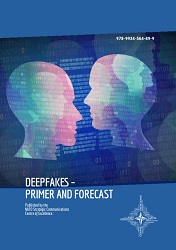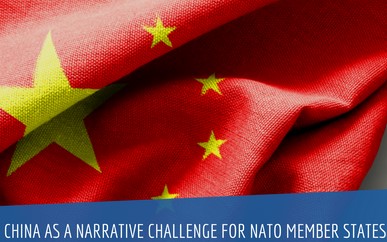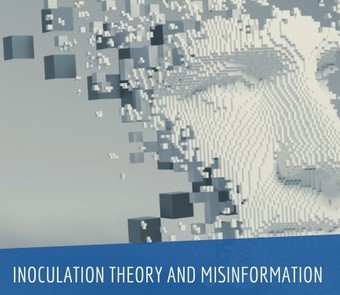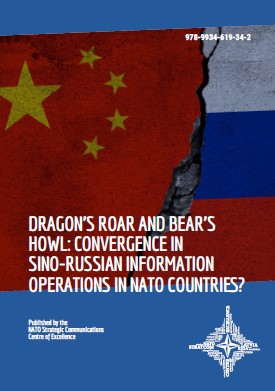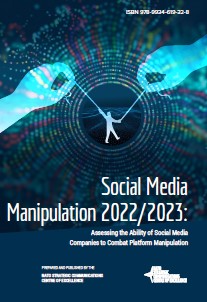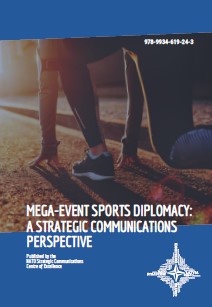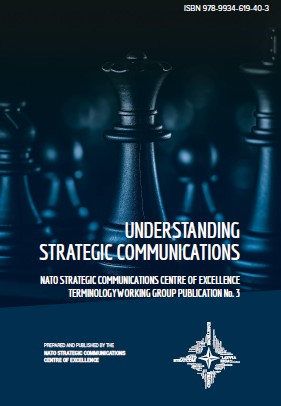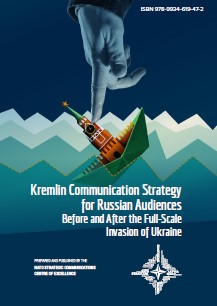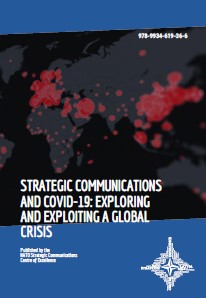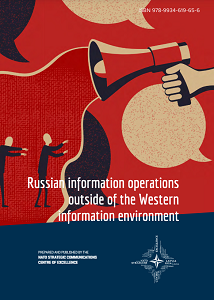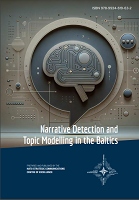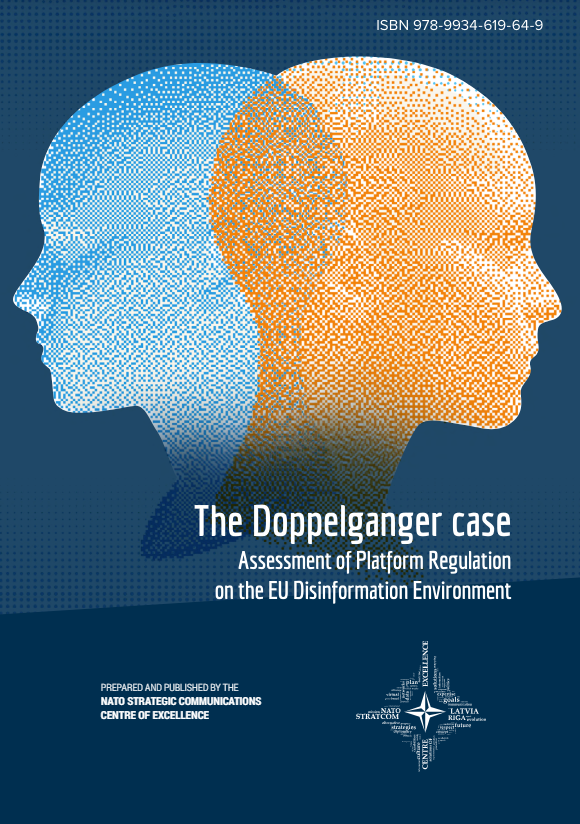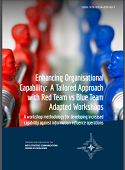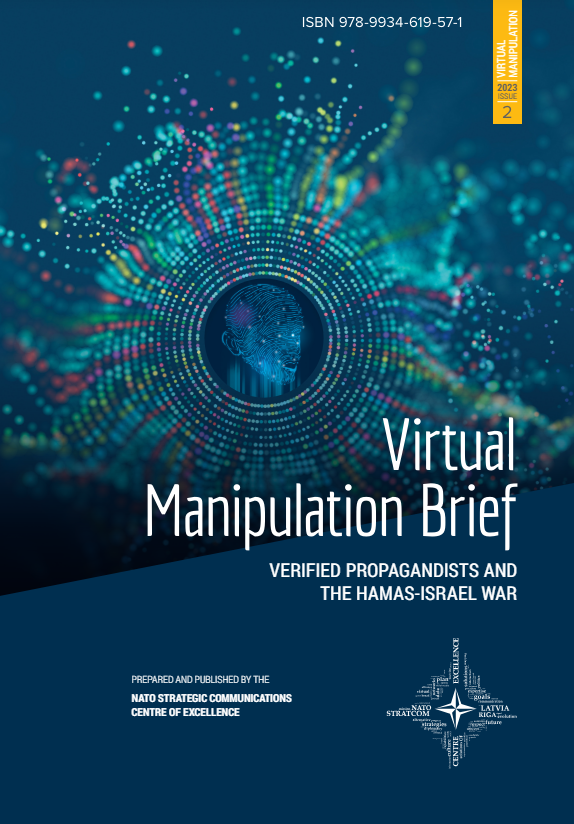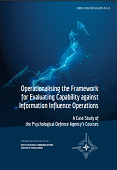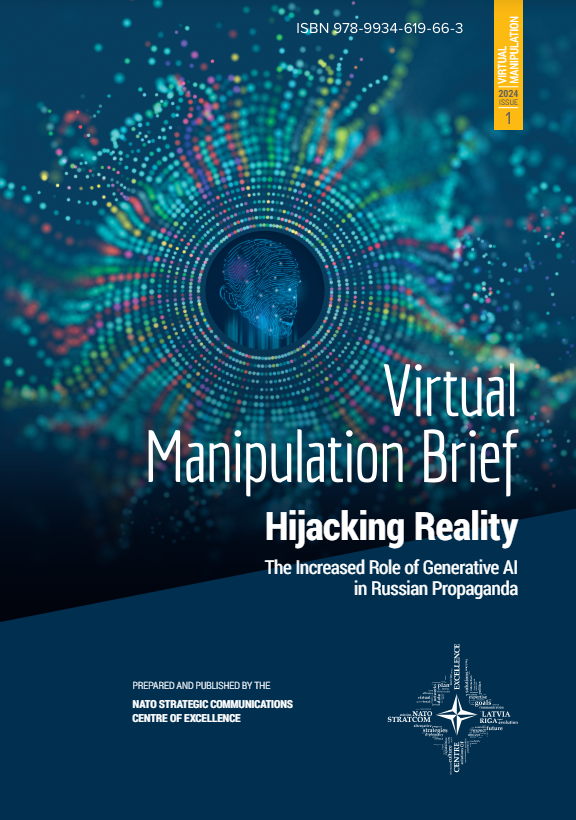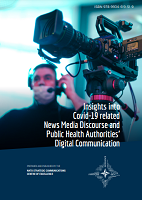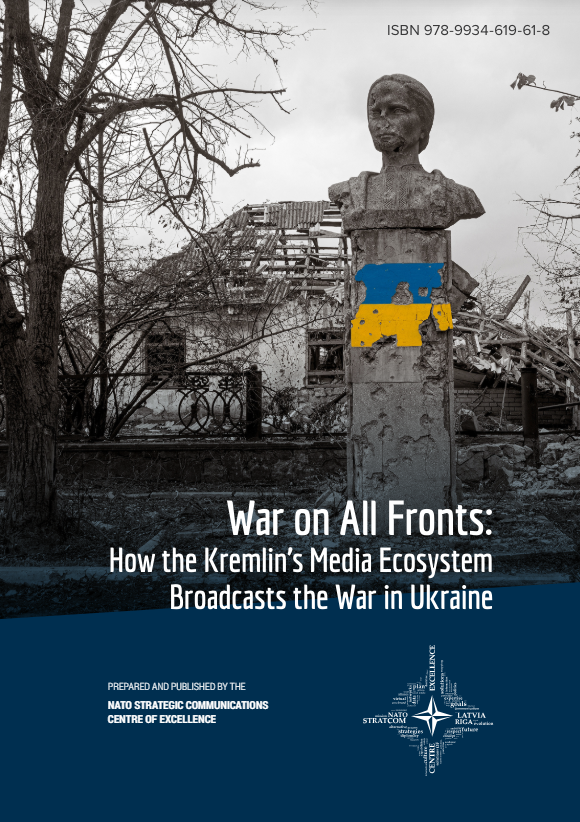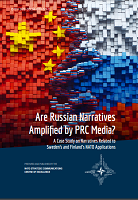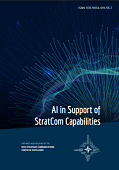Russian Information Operations Outside of the Western Information Environment
Author(s): Jonathan Morley-Davies,Jem Thomas,Graham Baines / Language(s): English
Keywords: NATO; security; defense; Russia; information; operations; West;
In February 2023, the NATO Strategic Communications Centre of Excellence (StratCom COE) held an event ‘How to Lose the Information War’ detailing the Kremlin’s failed efforts to decisively sway Western populations to its narrative in the initial phase of its war of aggression in Ukraine. But while the Western community’s resilience to Kremlin narratives has been strong, the invasion has exposed deep rifts in perspectives between the West and the Multi-aligned Community (previously known as the Global South) that the Kremlin aims to exploit through Information Influence Operations (IIOs). The March 2022 UN vote condemning the Kremlin’s war of aggression in Ukraine had 35 abstentions, 17 of them from African states. Multiple statespeople and diplomats outside the Western environment have either hesitated to condemn the Kremlin or espoused its talking points. Afrobarometer found that in 24 of 30 African countries, approval of authoritarian governance has risen since 2014. On average, across 36 countries, more Africans (53%) would be willing to consider a military government than would rule it out (42%) “if elected officials abused their power” demonstrating a developing disillusionment that removing corrupt elected officials can be done through democratic institutions. Furthermore, just 38% expressed satisfaction with “democracy”, the lowest share since at least 2014, and in the Africa Youth Survey, just 39% of respondents said that Africans should emulate “Western democracy”. Meanwhile, there has been a 41% rise in Russian Embassy social media followers from February 2022 – March 2023 and the embassies have increased their messaging output. RT Arabic has seen 10 million more users since the invasion, and the frequency with which RT Arabic and Sputnik Arabic published on social media platforms increased by 30-35% and 80% respectively. This report, drawing from research, qualitative and quantitative data, Key Insight Interviews (KIIs), digital tools, and Russian information and deception doctrine, explores the Kremlin’s IIOs in non-Western environments using five selected countries as case studies: Egypt, Mali, Kenya, South Africa, and the United Arab Emirates. The initial set of countries were selected based on their international importance and to represent a cross-section of critical national issues pertinent to Russian information operations, which include food insecurity (Egypt, Mali, Kenya), energy security (UAE), trade and investment relationship with Russia (Mali, Egypt, UAE), military aspects (Mali), and political relevance to the West and Ukraine. The political regime of the countries concerned and stability of governments was also considered. Central to understanding and explaining the process and potential threat of these operations has been the Theory of Reflexive Control (TORC), a Soviet era methodical framework for shaping perceptions via information inputs based on a cultural and psychological profile or ‘model’ of the target and disseminated via propaganda, maskirovka (masquerade, i.e., deception), and provokatsiya (provocation, such as false-flag attacks and hoaxes) to create voluntary decision-making (a ‘reflexive action’) that is favourable to the practitioner (see Annex A for the full description). Despite being the subject of increased scrutiny in the West since the Crimea Crisis of 2014, it has rarely been used as a guiding framework to analyse ongoing Russian IIOs. This report adapts the existing framework to provide clarity to an intentionally complex and obscure process. Each country report uses the TORC to provide a clarifying overview of Kremlin IIOs and their potential outcomes. Full analysis is provided in Annex A.
More...
